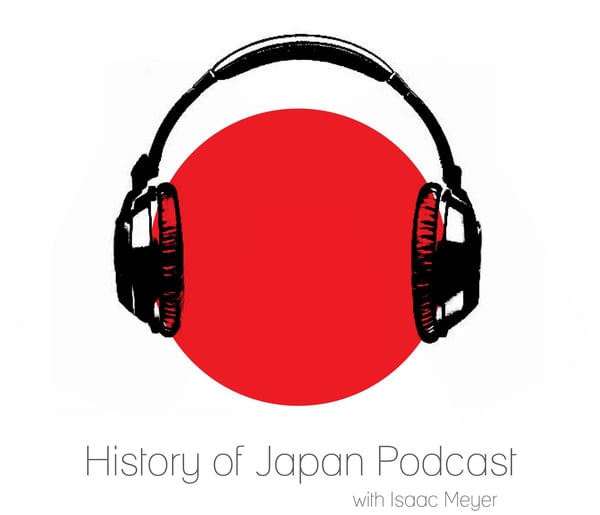Episode 532 - Cash Rules Everything Around Me
History of Japan
Isaac Meyer
4.8 • 744 Ratings
🗓️ 24 May 2024
⏱️ 39 minutes
🧾️ Download transcript
Summary
This week on the Revised Introduction to Japanese History: the economics of Meiji Japan, and a brief foray into social attitudes towards Westernization. How did Japan transform itself from being largely cut off from the world economy to central to it within half a century, and what impact did all this change have on the national self-image and culture?
Show notes here.
Also: there will be no episode next week, as I will be on a school trip touring Japan with students.
Transcript
Click on a timestamp to play from that location
| 0:00.0 | Hello, the episode you're about to listen to is part of a multi-part series introducing an overview |
| 0:07.4 | of Japanese history. |
| 0:09.4 | This is a repeat of one of the original projects the History of Japan podcast was built on, |
| 0:15.0 | and is intended to serve as an update and supplement to these original works. |
| 0:20.5 | After 10 years, my hope is to return to this approach and to do it a little bit better, |
| 0:25.2 | given the skills that I have improved in the intervening years. |
| 0:29.1 | If you haven't been doing so already, you should listen to these episodes sequentially, |
| 0:33.9 | starting with episode 501. |
| 0:37.1 | Without any further ado, enjoy the episode. |
| 1:02.9 | Hello and welcome to the history of Japan podcast, episode 532, Cash Rules Everything Around Mejee. Last week we talked about the politics of Meiji Japan. Today, we're talking |
| 1:09.1 | social and economic change during the beginning |
| 1:11.8 | of Japan's modernization. And we're going to start with the economy because, in a sense, |
| 1:17.0 | that's the most important shift that happens during the period. After all, money makes the world |
| 1:22.0 | go around. But the thing is, the single biggest change to the economy, industrialization, actually took a good |
| 1:29.6 | long while to get going and didn't really begin in earnest until decades into the Meiji period. |
| 1:35.9 | Why? Well, there are a few reasons. To begin with, much of the early 1870s was consumed with all |
| 1:42.4 | of the administrative changes that had to happen first, |
| 1:45.4 | the abolition of the feudal domains, their integration into a new prefecture system, |
| 1:50.7 | the conversion of the economy from the old decentralized currencies to modern yen and a modern |
| 1:56.0 | central bank, and the abolition of the samurai class and the thorny issue of dealing with debts from the old |
| 2:02.0 | regime and from the new government itself, which had taken on substantial loans to finance the |
| 2:08.1 | Botion War. |
... |
Please login to see the full transcript.
Disclaimer: The podcast and artwork embedded on this page are from Isaac Meyer, and are the property of its owner and not affiliated with or endorsed by Tapesearch.
Generated transcripts are the property of Isaac Meyer and are distributed freely under the Fair Use doctrine. Transcripts generated by Tapesearch are not guaranteed to be accurate.
Copyright © Tapesearch 2025.

